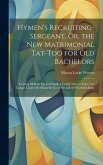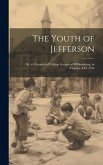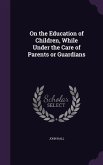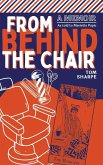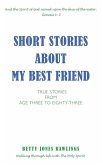"An Essay on the Government of Children, Under Three General Heads, viz. Health, Manners, and Education" by James Nelson offers a fascinating glimpse into 18th-century child rearing practices. This historical text explores the fundamental aspects of raising young children, focusing on their physical well-being, social development, and early education. Nelson delves into the prevailing philosophies and practical advice concerning child health, the cultivation of proper manners, and approaches to early childhood education. Providing a unique window into the past, this book sheds light on the historical context of parenting in England. Readers interested in the history of family life, the evolution of educational thought, and the development of social norms will find this essay to be a valuable resource. Discover the methods and mindsets that shaped the upbringing of children centuries ago, and gain a deeper understanding of the enduring challenges and timeless considerations inherent in the art of parenting. This work has been selected by scholars as being culturally important, and is part of the knowledge base of civilization as we know it. This work is in the public domain in the United States of America, and possibly other nations. Within the United States, you may freely copy and distribute this work, as no entity (individual or corporate) has a copyright on the body of the work. Scholars believe, and we concur, that this work is important enough to be preserved, reproduced, and made generally available to the public. We appreciate your support of the preservation process, and thank you for being an important part of keeping this knowledge alive and relevant.
Bitte wählen Sie Ihr Anliegen aus.
Rechnungen
Retourenschein anfordern
Bestellstatus
Storno



